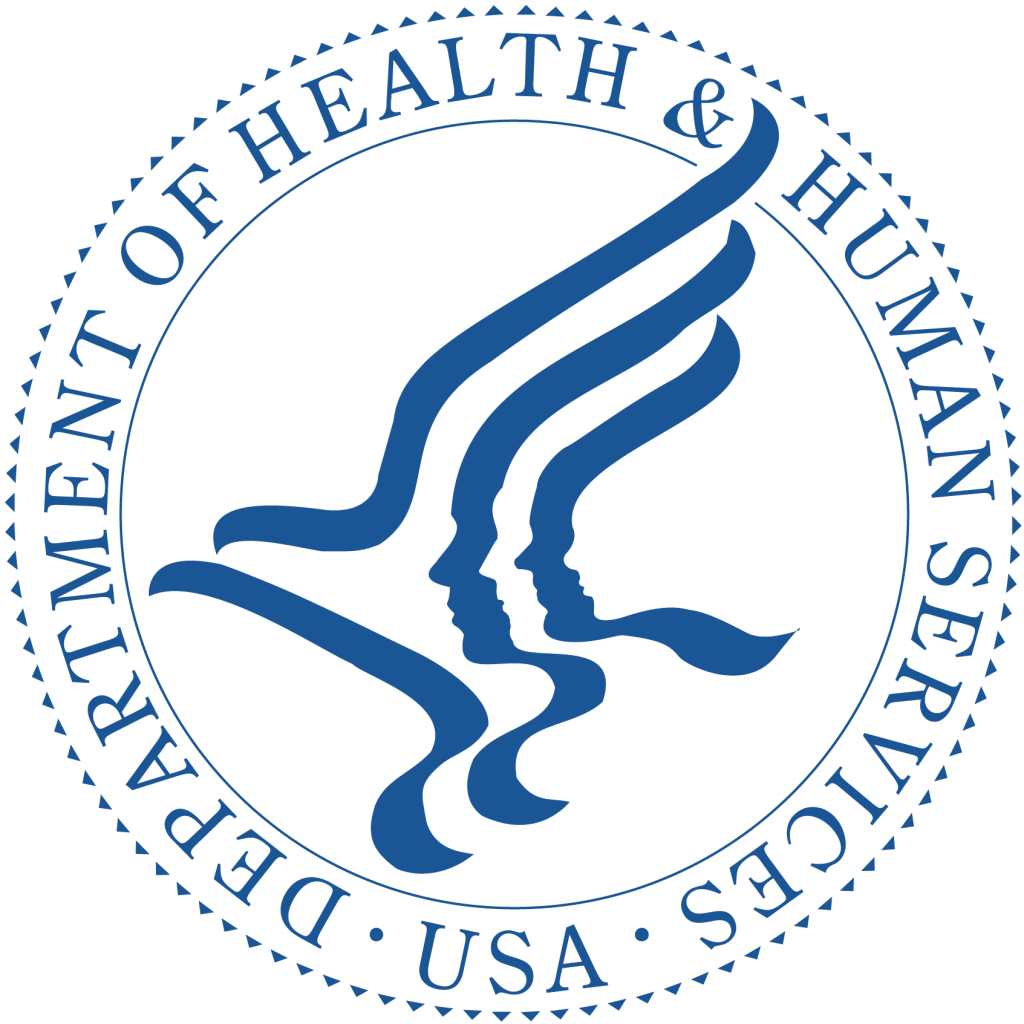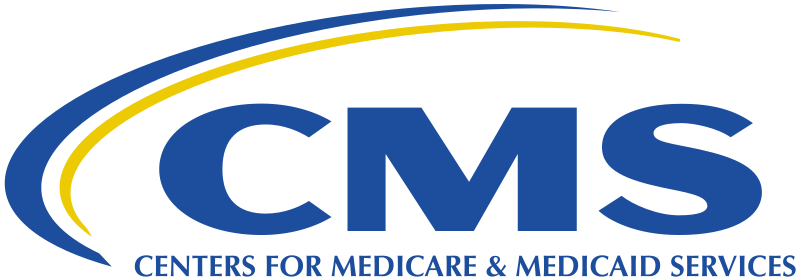By Barbara DiPietro, PhD, Senior Policy Director
President-elect Trump is nominating his next Cabinet as well as other advisors who will carry out the President’s agenda. These folks will make policy and funding decisions that directly impact the HCH Community—and it’s important to know who these folks are and what perspectives they bring to these roles. This month, we’ll focus on three people nominated to lead the U.S. Department of Health and Human Services (and agencies within HHS), which houses programs that administer Medicaid, Medicare, health centers, public health, and much more.
Health and Human Services (HHS)

Robert F. Kennedy, Jr., is the nephew of President Kennedy and the son of Attorney General Robert F. Kennedy—both assassinated in the 1960s. RFK, Jr has dedicated his life to environmental causes and is the founder of Waterkeeper Alliance (a clean water advocacy group) and the Children’s Health Defense (a group focused on childhood chronic diseases and toxic exposures). He has never run a large organization.
A vaccine skeptic and conspiracy theorist, Kennedy promotes the widely debunked myth that vaccines cause autism, has been critical of the COVID-19 vaccines, and has significantly contributed to online misinformation about vaccine safety. He will likely move to weaken vaccine mandates (or eliminate them altogether). He does not believe that HIV causes AIDS (it does), opposes adding fluoride to water (a core public health advance), and promotes drinking unpasteurized, “raw” milk (dangerous, don’t do it).
We don’t yet know much about his positions on Medicaid, health centers, or other program areas that most directly impact the HCH Community. His interests and public comments have focused solely on the public health issues mentioned above—but his views on these issues are highly concerning for an official in charge of the nation’s health.
If he changes vaccine policy, it’s possible we’ll see higher rates of measles, meningitis, polio, and other infectious disease. In response, the American Public Health Association has opposed his nomination, and 77 Nobel prize winners have signed a letter urging the Senate not to confirm him.
Centers for Medicare and Medicaid Services (CMS)

Dr. Mehmet Oz is a physician (a cardiothoracic surgeon) who is best known for his daytime tv show, The Dr. Oz Show, which ran for 12 years and ended in 2022 when Oz ran as a Republican candidate for the Pennsylvania Senate (which he lost to John Fetterman). Like RFK, Jr., he has no experience running a large organization. He promoted (and profited from) dubious claims and debunked recommendations on his tv show (to include “miracle weight loss supplements”) and advocated for ineffective COVID-19 treatments as well as other unscientific endorsements.
Oz is a staunch supporter of the private Medicare plans known as Medicare Advantage—and has written articles proposing to do away with traditional Medicare in favor of these (more expensive) private plans. Like Kennedy, he holds anti-science public health views and brings an outsider view toward government. His views on privatizing Medicare give some perspective on where he might focus within CMS, however, his positions on Medicaid remain unknown.
Centers for Disease Control and Prevention (CDC)

Dave Weldon is a physician (internal medicine) and former U.S. Congressman from Florida (1995-2009). During his time in office, he was an outspoken critic of public health systems and vaccines—and introduced a bill to transfer the CDC’s vaccine program to an independent agency to reduce CDC authority.
Like Kennedy, Weldon has never run a large organization, is not an expert in infectious diseases, and believes vaccines cause autism. Given that he would be overseeing the agency specifically tasked with developing vaccine guidance, responding to infectious disease, and other core public health functions, his leadership could lead to significant policy shifts that undermine both vaccine support and public health broadly.
These three nominees bring a completely different set of priorities and personal views to core health care functions of our government than the current administration. Most Americans indicate they do not trust Kennedy or Oz (or Trump) on health care issues. We do not yet know what specific changes they will seek, how they plan to roll out new initiatives, or how they will approach larger programs such as Medicaid and HRSA’s health center program (which cover/deliver vaccines).
Stay tuned in 2025 as we continue to focus on the new administration and how the HCH Community can remain up to date on developments and advocate for constructive solutions.
New Resource: Impact of the Election on the HCH Community
The return of Donald Trump to the White House with a Republican-controlled House and Senate will bring significant policy change. Their policy intentions have been made clear in numerous public statements as well as publications including Trump’s Policy Platform, Project 2025, the FY2025 Republican Study Committee budget plan, and the FY2025 House budget resolution. Outlined throughout these proposals are numerous policies that impact health care and housing and would have enormous impact on the HCH Community.
Our new fact sheet focuses on those policies most impactful to the HCH Community, outlines the implications of these changes, and offers initial action steps to consider in anticipation of an Administration that has promised rapid, substantial policy change.

